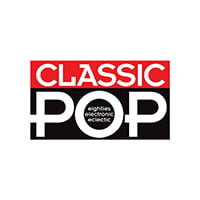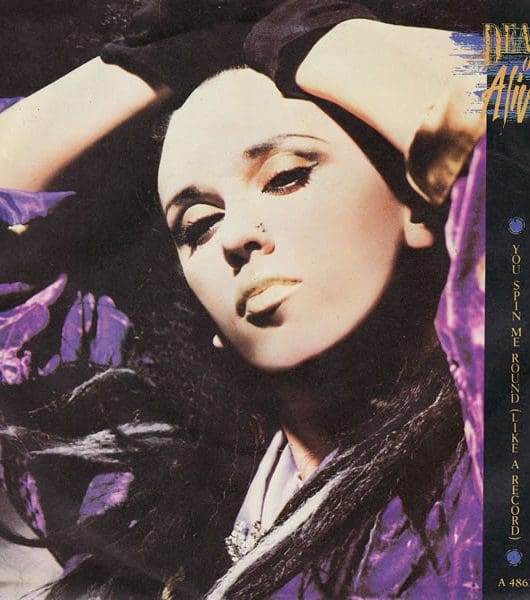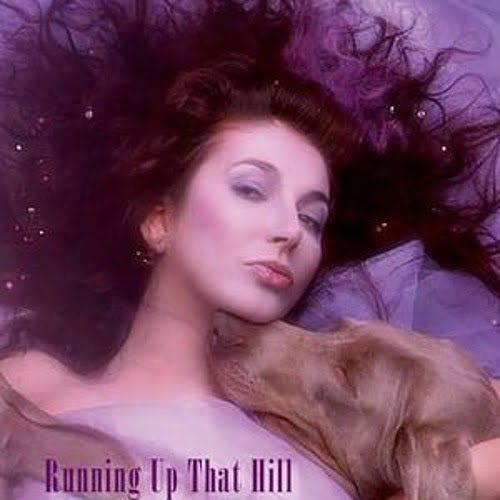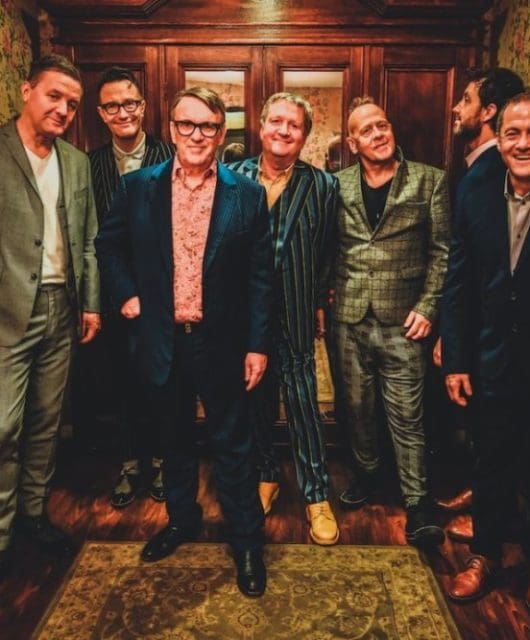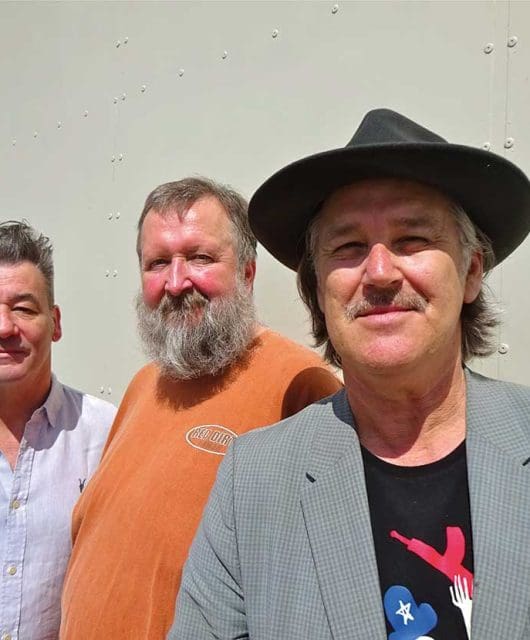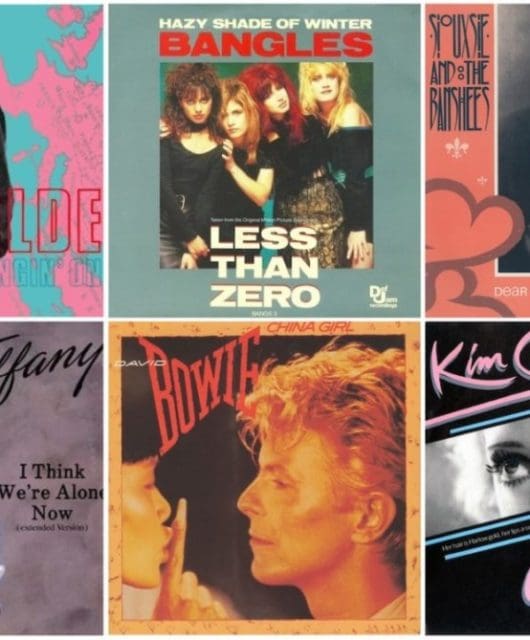Forget Me Nots: Susanna Hoffs’ When You’re A Boy
By Classic Pop | June 18, 2021
Jon O’Brien remembers Susanna Hoffs’ When You’re A Boy from 1991
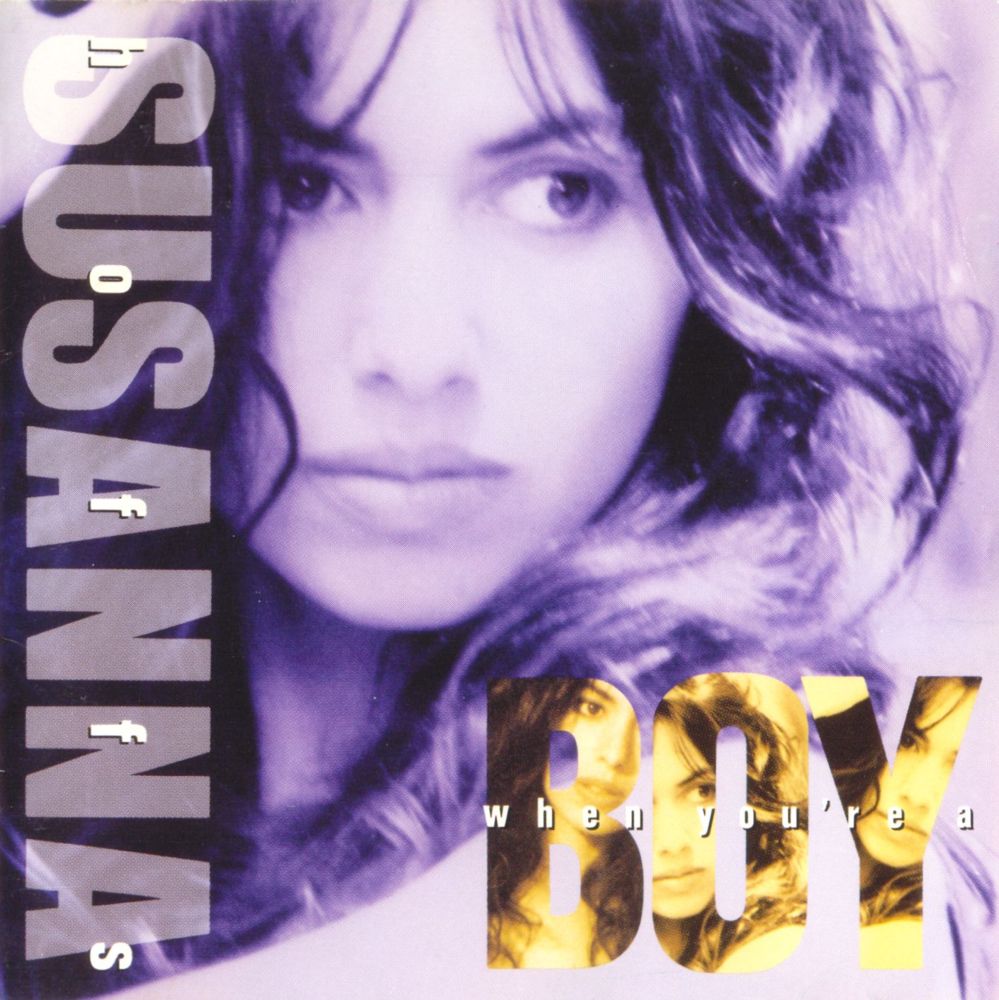
Having topped the charts on both sides of the Atlantic with 1989’s Eternal Flame, The Bangles looked set to enter the new decade as the biggest girlband on planet pop. But by the time Clive James was helping to usher in the 90s, the most overground outfit from the Paisley Underground had imploded.
Jealousy over Susanna Hoffs, the voice behind that epic four-week No.1, getting all the limelight was reportedly the catalyst.
The quartet had always operated democratically, sharing both vocal and songwriting duties pretty much equally on all three of their studio efforts. Even so, with her striking stage presence and a voice that could naturally flit between gravelly rocker and delicate balladeer, Hoffs inevitably became the de facto frontwoman.
The Californian was therefore expected to make the transition to fully-fledged solo artist look effortless. However, things didn’t quite turn out that way.
Susannah Hoffs’ When You’re A Boy, from 1991, could only scrape in at No.56 in the UK. And it fared even worse in her homeland, peaking at a lowly No.83. We can only speculate whether her three ex-bandmates watched on with a sense of schadenfreude.
Looking back at Susanna Hoffs’ When You’re A Boy
Columbia Records certainly wouldn’t have been as satisfied with such a muted response, particularly when they took the album’s costly guest list into account. The Who’s bassist John Entwistle, future American Idol judge Randy Jackson, flower power icon Donovan and founding member of Tom Petty’s Heartbreakers, Benmont Tench, all lent their considerable musical talents.
Songwriting assistance, meanwhile, came from indie icon Juliana Hatfield and Academy Award winner Diane Warren, the latter taking a rare break from her default blockbuster power ballad mode on the perky up-tempo Only Love.
Susannah Hoffs’ When You’re A Boy, however, rarely reflects its eclectic behind-the-scenes pedigree. In fact, the majority of its 12 tracks aim for the same American new wave-meets-British Invasion pop sound of Hoffs’ former day job.
That’s little surprise when you learn that David Kahne – the man behind two of The Bangles’ biggest hits (Walk Like An Egyptian, If She Knew What She Wants) – served as sole producer.
His involvement no doubt raised a few eyebrows at the time. Kahne’s divide and conquer approach on Different Light reportedly caused major disharmony within the group. And Hoffs would later acknowledge that she lacked both the confidence and the clarity to challenge his ideas as a solo artist, too.
There’s nothing quite as enjoyably ridiculous as Walk Like An Egyptian or as majestic as Manic Monday here. But co-written with two other regular collaborators, Tom Kelly and Billy Steinberg (Eternal Flame, In Your Room), the dreamy lead single My Side Of The Bed would sit comfortably on a Bangles Best Of.
Likewise the driving power pop of This Time and the bittersweet mid-tempo No Kind Of Love, whose gorgeous sun-drenched harmonies suggest the Peterson sisters and Michael Steele wandered into the studio for a brief reunion.
Even when she breaks away from her tried-and-tested formula, Hoffs still keeps at least one foot in the mid- to late-80s. The strutting synth-pop of So Much For Love gets into the groove of Madonna’s first imperial phase, while That’s Why Girls Cry is the kind of buoyant bubblegum number you could imagine Tiffany belting out at a shopping mall.
A relatively faithful, but ultimately pointless, cover version of Cyndi Lauper ballad Unconditional Love even neatly brings things full circle: many Americans were first introduced to The Bangles as a support act on the colourful singer’s 1984 Fun tour.
Had Susannah Hoffs’ When You’re A Boy hit the shelves just a few years earlier, then audiences may well have been more receptive. In 1991, though, it sounded like an artist slightly afraid to move on.
Compare and contrast to Live Your Life Be Free, an album released by another raspy-voiced, power-pop girl group graduate later that same year.
With its world music flourishes and ventures into funk, dance-pop and doo-wop, Belinda Carlisle’s fourth LP was markedly different from the brash punk-pop of The Go-Go’s. Hoffs waits until the closing number to do something outside of the box.
David Bowie purists, however, may well wish she hadn’t. Yes, When You’re A Boy concludes with a curious rendition of Boys Keep Swinging, the gender-challenging glam rock anthem which gave the Thin White Duke his final UK Top 10 hit of the 1970s: its lyrics also inspired the album’s title.
Hoffs had form when it came to the nostalgic cover, of course, with The Bangles putting their spin on Big Star’s September Gurls, The Merry-Go-Round’s Live and, most famously, Simon And Garfunkel’s Hazy Shade Of Winter.
Sadly, her treatment of the first single from Bowie’s Berlin trilogy closer Lodger is hampered – like much of the record – by Kahne’s muddy production and a bizarre detour into bleepy electronica.
Yet it’s the only real misfire on a long-player which, although short on invention, isn’t lacking in winning melodies and infectious riffs.
Hoffs is also in fine vocal form, particularly on Wishing On Telstar – a wistful ode to the communications satellite, not The Tornados’ classic instrumental – and It’s Lonely Out Here, a stomping mix of Hammond organ and bluesy guitar licks which allows her to truly cut loose.
Hoffs would go on to have more input on the belated 1996 sophomore eponymous album which spawned her only solo UK Top 40 hit, a bittersweet take on The Lightning Seeds’ All I Want. But as with its predecessor, Susanna Hoffs was also entirely overlooked.
It would take another decade for her to find a niche outside The Bangles – the Under The Covers trilogy recorded with power pop revivalist Matthew Sweet earned some of the best reviews of her career.
Yet you could argue that Hoffs still never really fulfilled the potential promised by her centre stage moments in one of the 80s’ defining girlbands. Susannah Hoffs’ When You’re A Boy should have been the launchpad for a glittering solo career.
By playing it just a little too safe first time around, though, the most visible Bangle instead ended up sadly fading from view.
Read our Top 10 girlband singles of the 80s feature
Visit The Bangles’ website here
